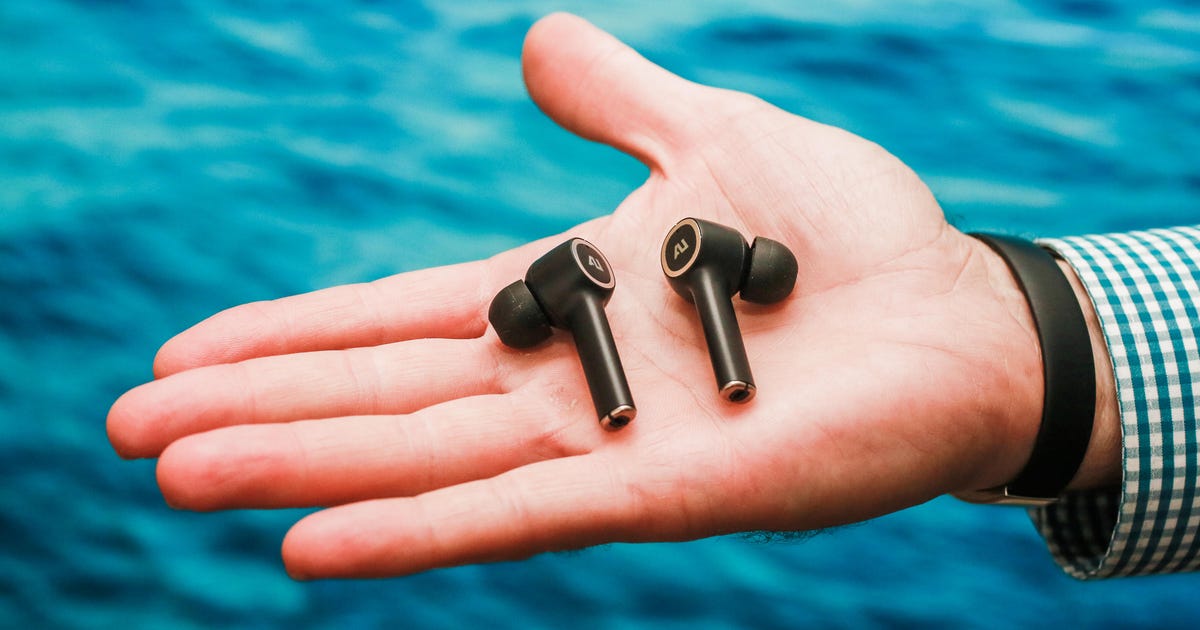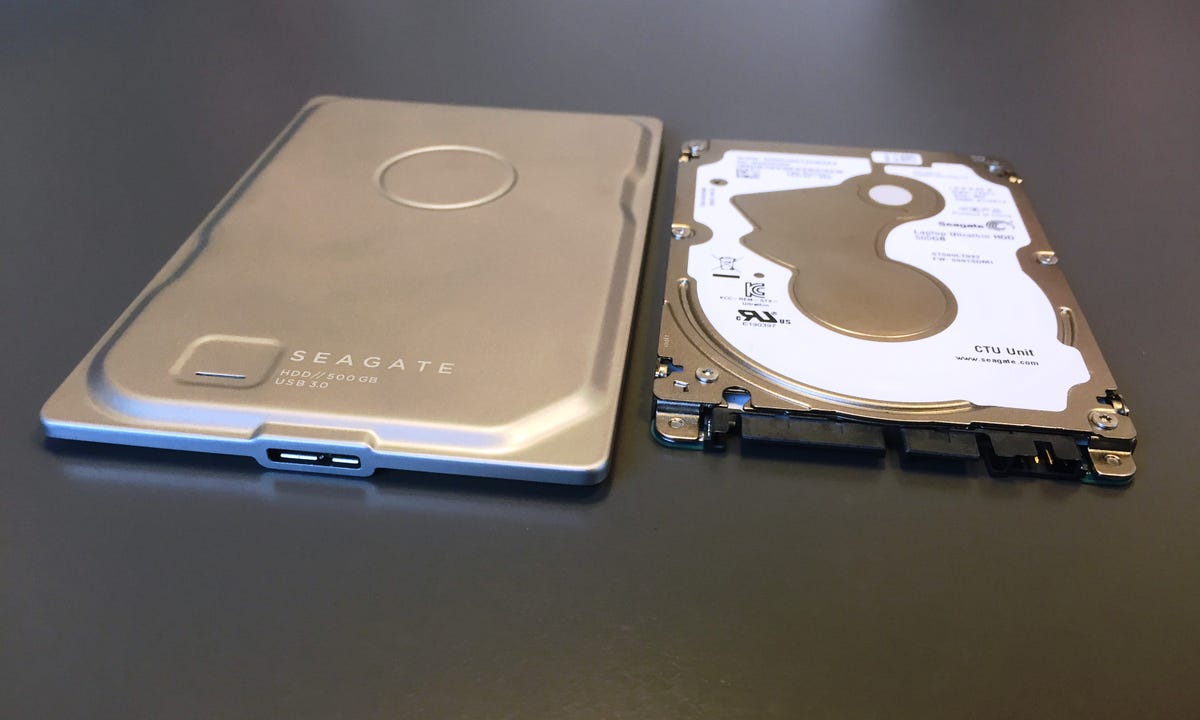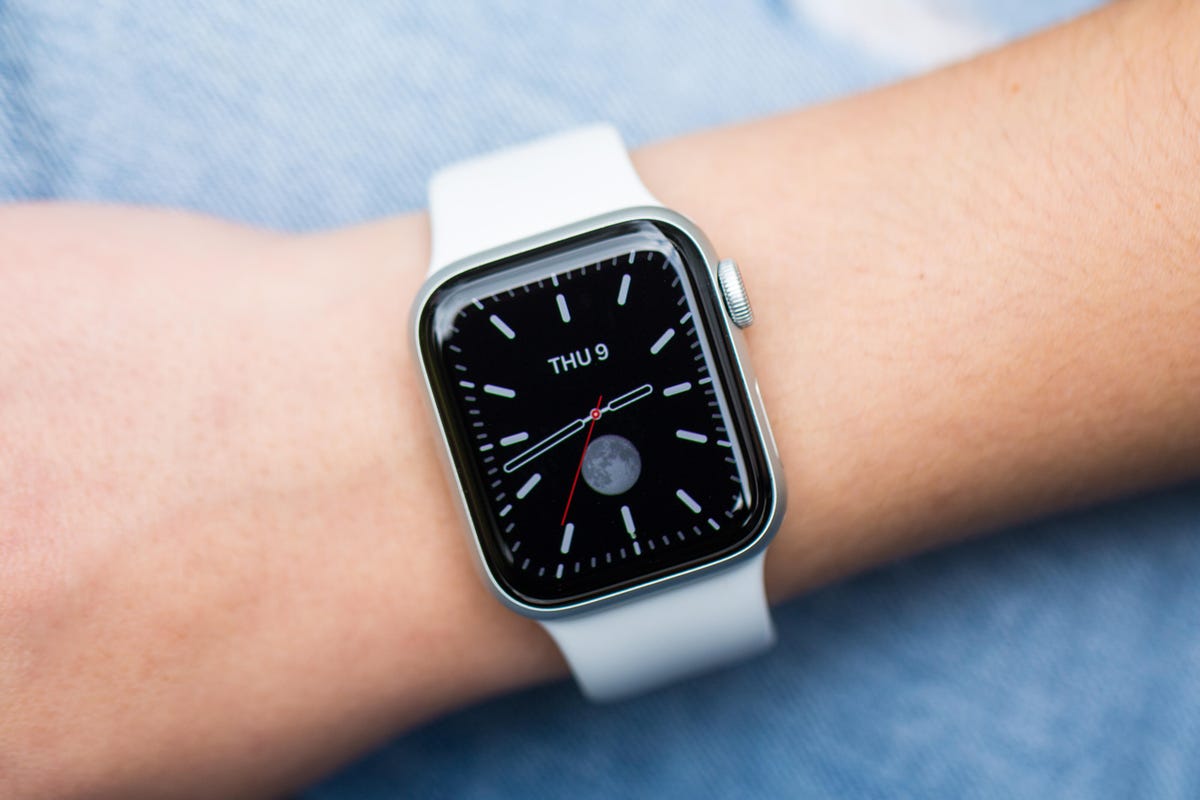These Are 7 Used Tech Items You Never Want To Buy Or Sell

These are 7 used tech items you never want to buy or sell
The market for used tech and gadgets is enormous, and with good reason. Phones, wearables, gaming consoles and other gently owned tech products are a quick and easy way to make money, if you're selling, or save money, if you're buying. A peer-to-peer exchange or through a dedicated resale site can potentially save or make you hundreds of dollar for a device that works well enough. But there are some electronics we don't recommend circulating around the secondary market, for reasons of security, outside hassle or high index of grossness.
There are some items you should simply recycle or buy new instead, or at least seriously consider.
If you're thinking of offloading some of your stuff to make a little extra cash, or buying a used electronic device instead of a new one off the shelf, keep these tips in mind. And we'll share some of the best places to buy and sell refurbished products.
Don't sell or buy these used electronics
Between hygiene and security concerns, there are some tech products and devices that are best kept off online stores. Either they won't fetch a high selling price, aren't good value buys or should be avoided because of the ick factor alone. There are, of course, some exceptions -- more on those later on.
Earbuds: AirPods, Pixel Buds and Galaxy Buds all live inside your ears. Pretty deep in there, too. Need I say more? Sure, you can clean and sanitize them, but the idea of sticking someone else's earbud in my ears just gives me the creeps.
Over the ear headphones: Sanitizing over-ear headphones isn't an easy task. The earpads can soak up your sweat, for example, or develop crusts of dead skin and grease shed from your face. Most models don't have a way to swap out the ear cups. The same goes for the headband. The idea of wearing headphones that are covered in your own sweat, dandruff and odors is one thing, but wearing something that's covered in a complete stranger's particulars? No, thanks.

Hard drives are in a gray area.
Dong Ngo/CNETPortable hard drives: External drives are often used to back up your computer or as an easy way to tote around important documents. Unless you thoroughly and properly erase the drive when you're ready to sell it, you risk exposing personal information to whoever buys it.
Baby monitors : Cross this off your list simply for security reasons. CNET parents aren't alone in being nervous about "baby monitors" and "used" in the same sentence. Hacking incidents have been known to occur to baby monitors in general. Parents may feel more comfortable knowing the device recording their newborn hasn't been tied to a stranger's credentials. Vetting that process on either end may be more trouble than it's worth. One possible exception: if the item has never been opened. For example, if someone received two as a baby shower or wedding gift.
Some smart home devices: This is another security quagmire. Companies seem to have a hard time preventing camera and video doorbell ($400 at Amazon) feeds from sporadically showing up in the wrong account (also this) when the devices are new. We'd be wary of used smart cameras or random IoT devices.
Smart scales: There's something inherently personal about a scale that you, most likely, stand on before or after getting in the shower, especially one that records your weight in a linked app. For some people, that's just too much, and I can't say I blame them.
Personal hygiene products: This should be obvious, but just in case, accept the fact that your nose and ear hair trimmers, electric razor and electric toothbrush are best purchased new. Even with a untouched brush head, that toothbrush handle still had all of your saliva dripping all over it. Hard pass.

Any sort of connected device, like a baby monitor, is something you should probably only buy new.
5 more items to think hard about before buying or selling
There are, of course, some caveats when it comes to buying and selling used electronics and appliances. The short version is: Do your research first.
When refurbished earbuds are OK: Some places, like Best Buy, offer refurbished AirPods or similar. Before you excitedly click that Buy button, take a second to look into what the company's refurbishing program entails. Do they replace the housing? Do they do a deep clean? Reviews on this refurbished AirPod Best Buy page include comments about earwax still being found on the earbuds. Gross. If you're brave enough to go this route to save some cash, do yourself a favor and give them a thorough cleaning yourself.
Solid-state hard drives: Traditional hard drives, the kind with a spinning disk inside, are hard to gauge just how much life is left in them. With solid-state drives, on the other hand, it's possible to run reports that tell you just how much the drive has been used, and in turn, how much life it has left. If you're buying from a private seller, ask them how healthy the drive is. For example, you can use Samsung'sMagician program to check the health of its company's drives.

As long as you know what you're getting into with a used activity tracker or Apple Watch, you'll be fine.
Angela Lang/CNETFitness bands and smartwatches: Wearables fall into a gray area. You can often find a great deal on a used Fitbit or Apple Watch ($349 at eBay), but the potential downside here is you have no idea how much use and abuse it's been through. More specifically, how much use the battery has seen. I've bought and sold Apple Watches and other wearables in the past, and I think as long as you go into the purchase knowing that battery life may be an issue, or there could potentially be scratches and other cosmetic defects, then you'll be fine. Buyers, just make sure you get a good deal. Sellers, do your best to set expectations with a potential buyer. Take pictures of scratches and dings, and let them know if there's an issue with battery life.
Small kitchen appliances: Some people love the idea of buying or selling countertop kitchen appliances like toaster ovens, Vitamix blenders and waffle makers. But for buyers and sellers alike, it's a good idea to consider a few things. For buyers, make sure it's actually worth the price to buy someone's used gear -- the newer and less used it is, the more likely that the motor and other mechanical parts will last you a long time. But also compare with deals on new equipment.
Sellers, get a handle on those shipping costs, especially for heavier items, like, oh, a KitchenAid mixer. Make sure the math of shipping a large item works out. If you're selling to a local and can avoid shipping costs, that's something to consider.

You're always taking a gamble when buying a used appliance, and sometimes it pays off.
Tyler Lizenby/CNETLarge appliances: You never know why the person is truly selling their old fridge or dishwasher. Does it leak? Does it run far more than it should, driving up your electricity bill? Most of us, I'd wager, aren't savvy enough to inspect an appliance and diagnose any potential problems within a few minutes. I've bought used appliances in the past without any issues, but I realize that's not always the case. If possible, buy a used appliance from a specialty store that offers some sort of short-term warranty. Sellers, if you find someone who wants to buy your washing machine or fridge, have a game plan for getting it safely out of your house. Transferring the item is something both parties will need to coordinate.

Have a stack of old stuff you want to turn into cash? It's possible.
Angela Lang/CNETHow to get the best deal when selling your stuff
If you're ready to part with some of your old tech and gadgets, don't limit yourself to just Craigslist or Facebook Marketplace. There are plenty of reputable companies and services that will gladly pay you for your gently used stuff. However, you'll want to make sure you get the best deal possible, so shop around. We have tips for finding the best deal when selling your phone, Fitbit, TV, a Mac, Amazon Echo and pretty much every other random electronic.
Source
